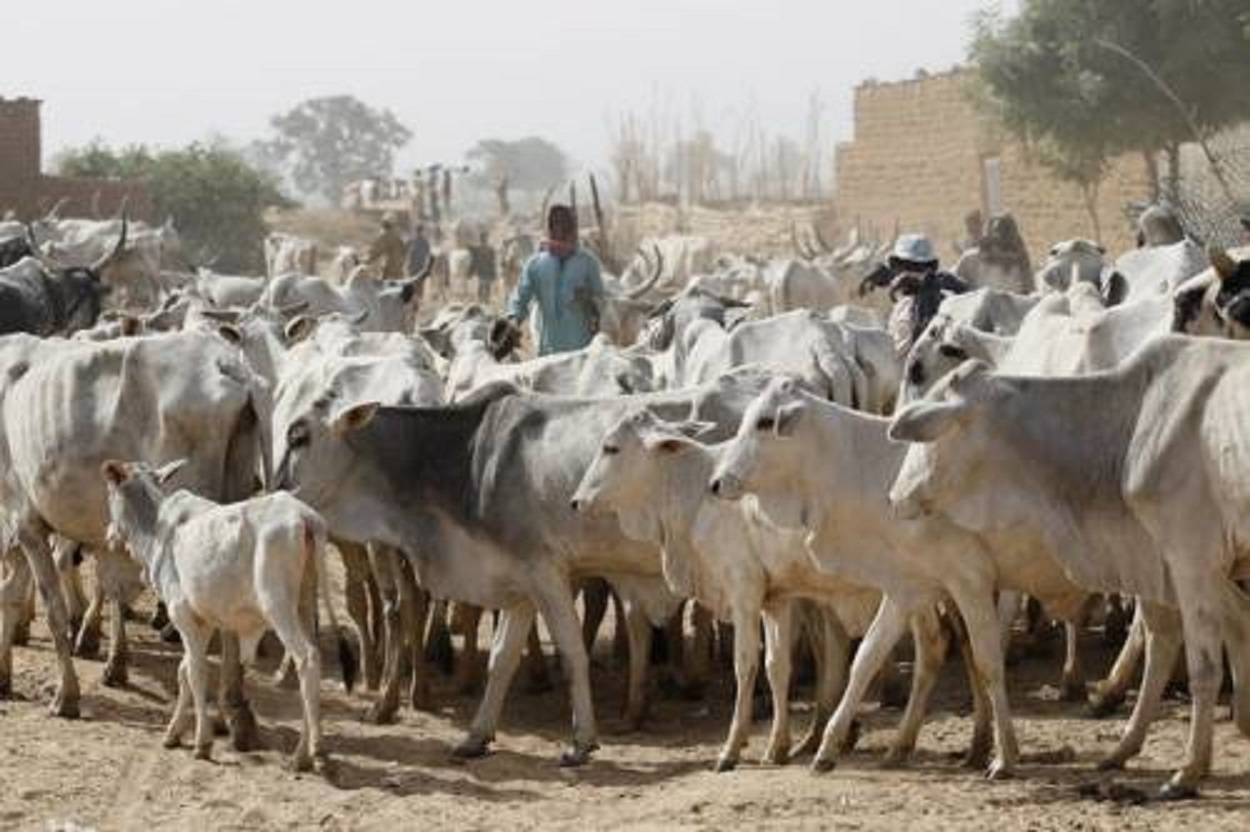Opinion
Culture and religion may be fueling more solutions than tension in Nigeria

By Claire Mom
“Where are you from?” “Are you Muslim or Christian?” “What tribe are you?” These are all conversation starters for many people around the world.
In Nigeria, they are not. As a matter of fact, your continued safety depends on the answer in critical cases. The strong current of population expansion is not the only issue threatening to sink the nation; insecurity has been a menace eating deep at the country’s core.
Inequality, injustice, and a fight for survival and power have been at the helm of this challenge. It is not difficult to see that a combination of these problems has resulted in many political, economic, and socio-economic setbacks which have ethnic and religious interests for the unseen captains of this ship. Most times, innocent lives are the price.
Several factors are responsible for the various conflicts plaguing Nigeria. For instance, resource-based conflicts which translate to competition for ownership of land and oil wells are often fueled by population expansion. This simply means more people chasing fewer resources or a few people hoarding existing resources. That’s not all. Environmental degradation due to climate change and other factors has also acted as a catalyst for conflicts of this nature.
These problems are only part of the building blocks in a tower of chaos. Let me connect the dots for you. Resource conflicts for land directly affect herders and farmers, the majority of which are Muslim and Christian respectively.
For herders to feed their flock, they need land – plenty of it. To get this, they encroach into farmers’ lands, destroying their crops – the source of food and livelihood for these farmers. Naturally, this brews tension and eventually results in clashes that have claimed thousands of lives over the years. This is not a novelty; the Nigerian ruling class has been aware of this problem for decades but has taken no significant steps to address it.
With over 371 tribes and 525 languages, the vast disparity in cultural values and beliefs does not soothe the tension.
Socio-economic conflicts triggered by unemployment, poor education, poverty, drug abuse, crime, and a lack of effective development in economic policies are oftentimes results of political mishaps. These political hazards may result from political preferences, election fraud and violence, corruption, a lack of trust in political parties, and uncertainty of terrorist group attacks in the North East.
In simple terms, these conflicts have a symbiotic relationship and form a vicious cycle.
But one thing stands out in the midst of these issues: culture and religion. The major differences in these areas have often resulted in provocative behaviour and hate speeches, religious and regional agitations.
How can these tensions be resolved?
Many civil society organisations have used intercultural/religious dialogues that have shown different varying levels of success. The Berkley Centre, for example, recorded successes in many projects using this method. By implementing this technique widely across Nigeria majorly through education, religious leaders and policymakers will start to see an inclusion of their voices in decisions that matter.
Religious and cultural leaders are not only custodians of the beliefs and practices that shape the masses, but they hold sway over them. Learning their histories and understanding the reasons for their actions are essential. This will play a vital role in changing attitudes, perceptions, beliefs, and behaviours that shape cultural differences and counter hate speech whilst rebuilding trust among the people.
A culture that supports peace and unity as a link in nation-building is not a myth. It might take years and sometimes a whole generation, but at the end of the day, it is the change we seek.
———————————————————-
Claire Mom is a Nigerian journalist notable for her unconventional views that cut across health, religion, social and development issues.
Email: [email protected]
Twitter: speakclairely_
Disclaimer
It is the policy of NewsWireNGR not to endorse or oppose any opinion expressed by a User or Content provided by a User, Contributor, or another independent party. Opinion pieces and contributions are the opinions of the writers only and do not represent the opinions of NewsWireNGR
Always visit NewsWireNGR for latest naija news and updated naija breaking news.
NewsWireNGR Latest News in Nigeria
Send Us A Press Statement/News Tips on 9ja Happenings: [email protected]
Advertise With Us: [email protected]
